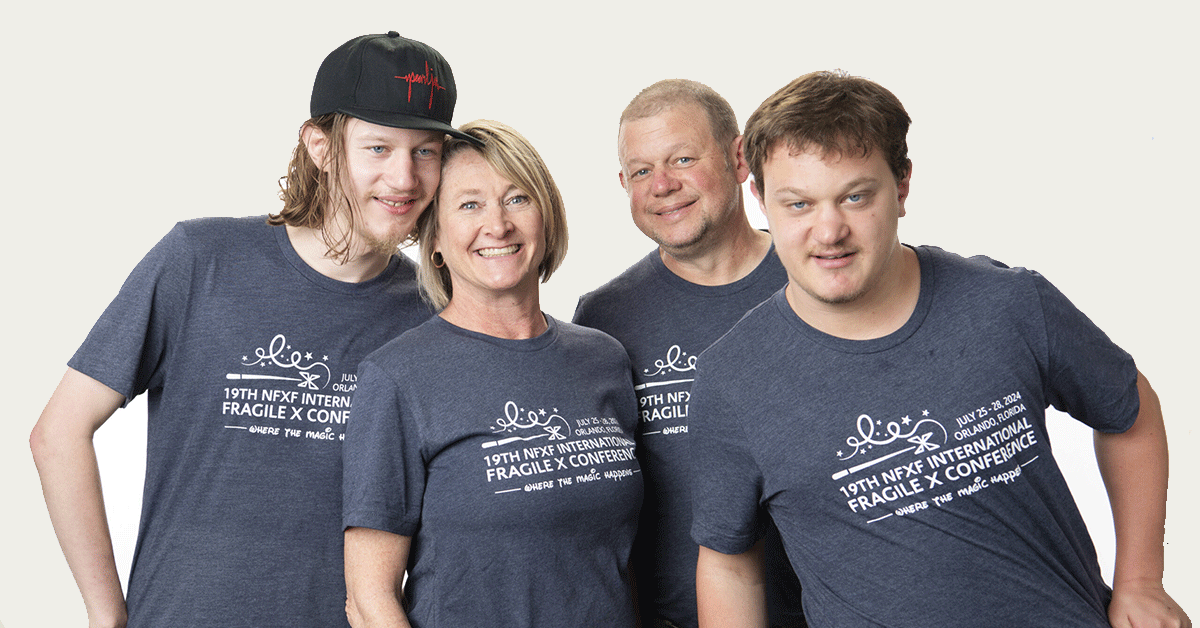About the Study
Who can participate?
Adults (both males and females) aged 18-45 years old with Fragile X Syndrome with stable psychotropic drug dosing for 4 weeks may be eligible to participate.
Psychotropic drugs are drugs that that changes the function of the nervous system and results in alterations of perception, mood, cognition, and behavior. Ask the study team for more details if you are unsure about the medications you are taking.
What will happen in the study?
If the individual qualifies and decides to be in this research study, they will visit Cincinnati Children’s Hospital Medical Center for 5 visits over 10 weeks.
The following is a list of some of the things that will happen during the study:
- Cognitive testing
- Neuropsychological games
- EEG tasks
- Parent measures
- Optional blood draw
Baclofen, Memantine, Roflumilast and placebo will be tested.
What are the good things that can happen from this research?
We cannot promise any benefits to you or others from your taking part in this research. We hope the information learned from this study will benefit others with FXS in the future. Information gained from this research could lead to better treatments for FXS.
What are the bad things that can happen from this research?
There are minimal risks associated with Baclofen, Roflumilast and Memantine including drowsiness, dizziness, weakness, hypotension, constipation, headache and nausea; however, we will take all necessary precautions to minimize these risks.
There may be other risks that we do not know about yet.
Will I or my child be paid to complete this study?
Participants receive $100 every visit (total of $500).
Travel reimbursement may be available for eligible families.


